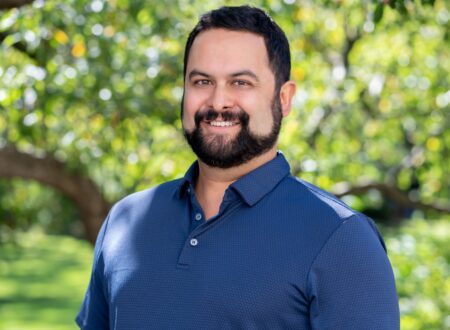Tuesday, August 6, 2024
In March 2023, the federal government announced its intention to create the Indigenous Health Equity Fund to distribute $2 billion to Indigenous communities over a period of 10 years.
The purpose of the Indigenous Health Equity Fund is to address the challenges faced by Indigenous communities in accessing culturally safe, quality, and equitable health services. The Indigenous Health Equity Fund’s development reflects Indigenous Services Canada’s stated goal to ensure that health care is patient-centered and works toward positive well-being and health outcomes. It also reflects the advancement of Joyce’s Principle, which seeks to guarantee that all Indigenous peoples have the right of equitable access, without discrimination, to health and social services so that they can enjoy physical, mental, emotional, and spiritual wellness.
Accessing the Fund
At the moment, it appears that First Nations do not have to apply for access to the Indigenous Health Equity Fund directly. Instead, it will be available through existing contribution agreements and act as a funding “top up” for health services. Further details about the Indigenous Health Equity Fund are limited at this time, but what the federal government has shared is that the Indigenous Health Equity Fund will flow to Indigenous Political Territorial Organizations (PTOs) who will determine how it is to be spent and used to address Indigenous-led health priorities.
Community leadership can get involved in this process through their usual participation in their own regional group. Through this process, a regional organization can use their portion of the Indigenous Health Equity Fund to support collective goals that may not be possible individually. Details about specific funding allotments are being shared directly with First Nations, Inuit, and Metis communities. Communities are encouraged to reach out to their regional offices through Indigenous Services Canada and Political Territorial Organizations for more information.
Implementation Planning
Indigenous Services Canada has released the Indigenous Health Equity Fund Implementation Plan, which is designed to collect information on activities that will potentially be supported by the Indigenous Health Equity Fund.
The Implementation Plan suggests that communities or organizations identify the purpose of their activity, expenses, and anticipated costs. The purpose of the Implementation Plan is to gather a background of potential activities and the level of funding needed to support those activities. This information would be used to help demonstrate the impact of the Indigenous Health Equity Fund and provide an opportunity to measure outcomes on an ongoing basis. Future reporting on the use of the Indigenous Health Equity Fund will depend on the terms of the community’s or organization’s specific funding agreement.
The Implementation Plan also identifies key categories that the Indigenous Health Equity Fund can be used for. These include:
- mental wellness,
- healthy living and community health promotion,
- healthy child development and maternal health,
- communicable disease control and management,
- environmental public health,
- home and community care,
- primary health delivery,
- e-health services,
- oral health,
- health human resources,
- health planning and systems integration,
- non-insured health benefits health facilities, and
- other programs or systems that the community needs.
Regional Contact Information
The Implementation Plan includes a list of contacts that communities and organizations can use to speak with an Indigenous Services Canada representative specific to their region.
|
Region |
Email Address |
|
National, headquarters |
|
|
Alberta |
|
|
British Columbia |
|
|
Manitoba |
|
|
New Brunswick |
|
|
Newfoundland and Labrador |
|
|
Northwest Territories |
|
|
Nova Scotia |
|
|
Nunavut |
|
|
Ontario |
|
|
Prince Edward Island |
|
|
Quebec |
|
|
Saskatchewan |
|
|
Yukon |
OKT will continue to monitor the information about the Indigenous Health Equity Fund and update this blog post as new information becomes available.
Related Posts

OKT Hosts UN Working Group on Business and Human Rights
On May 25, 2017, OKT hosted the UN Working Group on the issue of human rights and transnational corporations and other business enterprises (the “Working Group”). The Working Group was…
Read More...
Ontario Heritage Trust v Hunter: Chippewas of Nawash Unceded First Nation’s rights to protect Nochemowenaing affirmed and encroachments ordered removed
Wednesday, July 9, 2025
In a recent victory, on June 6, 2025, the Ontario Superior Court ruled in favour of the Ontario Heritage Trust (“OHT”) and the Chippewas of Nawash…
Read More...
Agency One First Nations Rights Over Their Territory Affirmed
Friday, June 27, 2025
In a resounding victory, on June 17, 2025, the Ontario Superior Court ruled in favour of Naicatchwenin First Nation, Nigigoonsiminikaaning First Nation, Couchiching First Nation,…
Read More...


